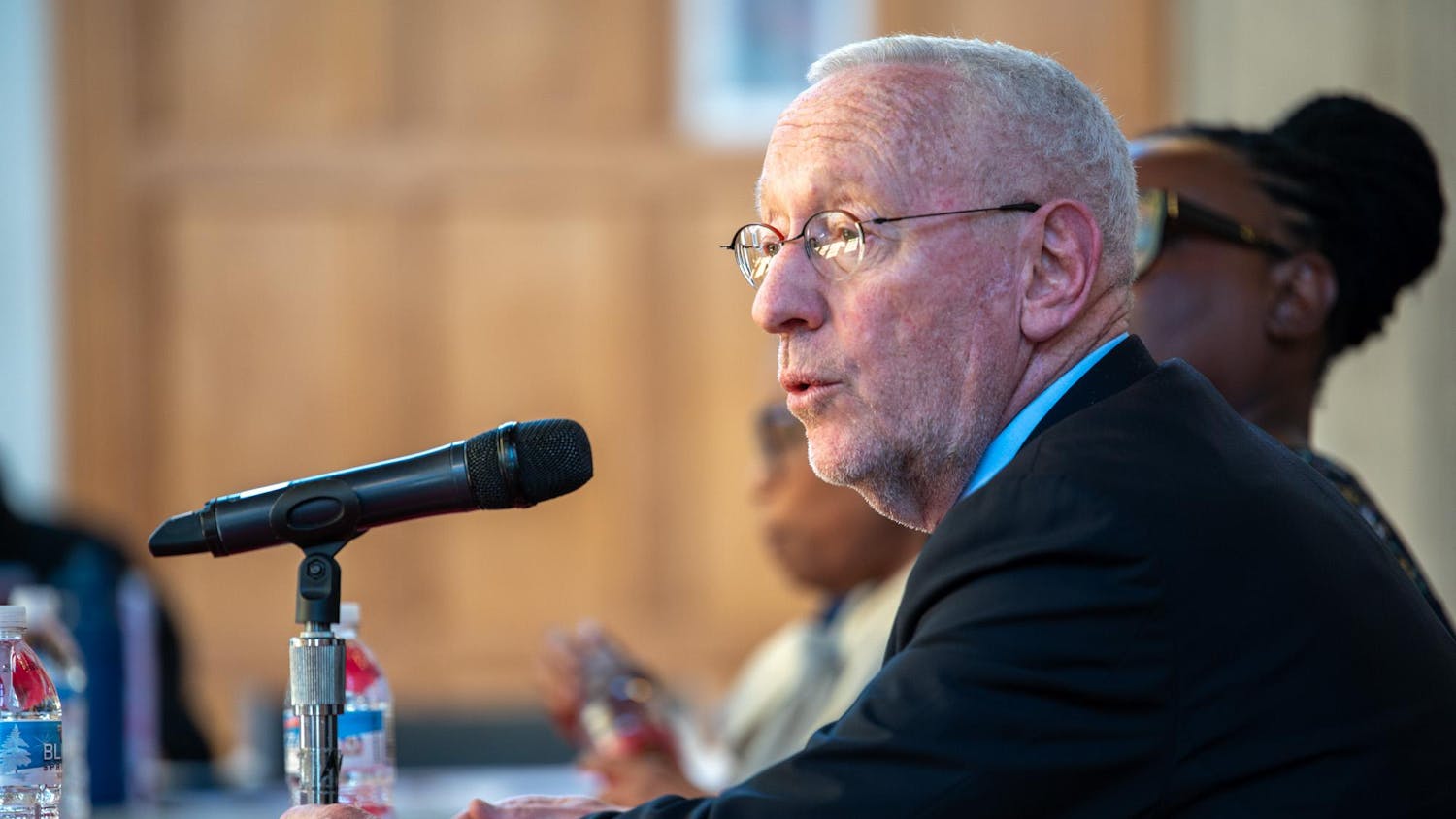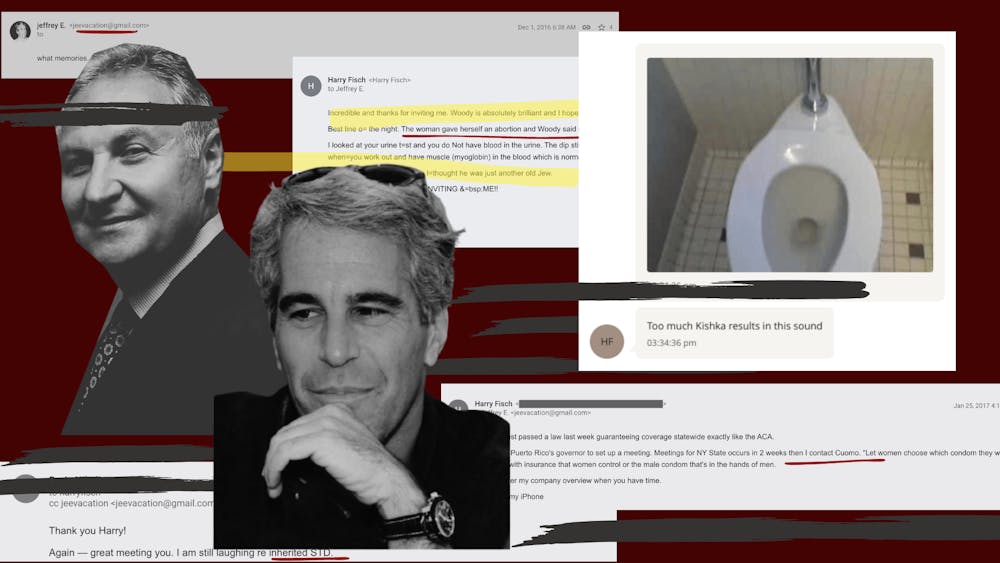After Tristan Ahtone, Robert Lee and Margaret Pearce published their research on Land-Grab Universities in their exposé for High Country News in 2020, Cornell University could no longer hide. It damningly holds the title of being the number one beneficiary of the 1862 Morrill Act, a dubious accolade earned on the fact that Cornell singlehandedly seized 1/10 of all the Indigenous lands granted and gained 1/3 of all the revenues generated by the Act. On its own website, Cornell University observes — as passively and innocently as possible — that “we recognize that lands distributed to states to support the founding of universities were previously taken by the federal government.” The phrasing suggests as if, somehow, the grabbing of Indigenous lands was something someone else did, and it is only by chance that Cornell University, by the nature of it being in the populously settled New York state, benefited the most from Indigenous dispossession. But, as research by Professor Jon Parmenter demonstrates, Ezra Cornell personally speculated in the scrips from New York, Wisconsin, Kansas and Minnesota that would provide him with the landed wealth to establish his “any person, any study” vision for the academic institution that he founded. Cornell would not exist without the almost one million acres its founder personally helped steal from over 251 Indigenous nations and communities throughout North America. When Indigenous students and scholars refer to Cornell’s founding as genocidal, they mean that literally. The stripping of land, the reduction of Indigenous peoples to the smallest parcels of holdings on their traditional and customary territories, the forced assimilation and the loss of language was, in each instance, a violent, deadly endeavor toward the pursuit of — through any means necessary — the elimination of Indigenous peoples.
I am a citizen of the Chickasaw Nation, a nation originally in what is now Mississippi and removed to Indian Territory on “the Trail of Tears” in the 1830s. I am also an Indigenous studies scholar who works on Indigenous critiques of imperialism and settler colonialism as an associate professor in Literatures in English at Cornell.
By sheer coincidence, on Oct. 11, I had assigned in my Intro to Native American Literature class Layli Long Soldier’s poem “38” that details in straightforward words and sentences the poetry of the Dakota warriors who, in retaliating against the settlers who had imprisoned and were actively starving the Dakota people within a 10-mile tract of what was left to them of their homelands, shoved grass into the mouth of Andrew Myrick, the Indian Agent who infamously said, “If they are hungry, let them eat grass.” On Dec. 26, 1862, the same week he signed the Emancipation Proclamation, Abraham Lincoln authorized the mass hanging execution of 38 of those warriors accused of the rape and murder of settlers. “‘Real’ poems,” Layli Long Soldier (Oglala Lakota) writes in her own poem, “do not ‘really’ require words.” If there are resonances with Israeli discourse about Palestinians, it is because, as William Faulkner observed from his occupation of Chickasaw homelands, “the past is never dead, it’s not even past.” Though Cornell administrators might insist that politics do not belong in the classroom, there is no possible way of keeping politics out of literature.
Cornell does not deserve these students who have participated in recent protests of genocide in Palestine. It is unworthy of the solidarity, care and intellectual vision they have manifested with the encampment. From the Two Row Wampum Belt that exemplifies Haudenosaunee sovereignty centered on the encampment wall to the Flag of the Haudenosaunee Confederacy flying with Palestine’s, the students of Cornell demand recognition and apology for Cornell’s singular complicit profiting from Indigenous genocide and dispossession in the 1860s, and they have coherently and sophisticatedly linked it to the present through the deeply connected administrative, profit-driven logics of settler war, death and destruction. The Coalition for Mutual Liberation at Cornell embodies what Indigenous studies scholars can only theorize as the students ground the authority of their resistance in the land and in those, including the Gayogo̱hó:nǫɁ, who belong to it.
In linking the genocide in Palestine to the genocide that created Cornell, CML has proven just how deep settler investments go. As an institution, Cornell is embarrassingly bad at supporting students, staff and faculty of color and it structurally fails Indigenous peoples, communities, students and scholars at every turn. It does not want a vibrant, queer, feminist and grounded Indigenous studies department to exist across colleges and disciplines. To build support for Indigenous studies and Palestinian studies on its campus, Cornell needs to commit to a vision borne from divestment. Cornell must commit to cluster hires of Palestinian faculty, it must work to recruit and retain Black, Indigenous and other people of color faculty and students, it must give academic programs including Asian American Studies, Latina/o Studies and American Indian and Indigenous Studies control over the tenure and promotion of their own faculty. And it must recognize and support the intellectual projects of Palestinian scholars and Indigenous studies scholars as the worthy, innovative and profound work it is rather than continuing to dismiss those of us in these fields as mere advocates.
The students in Cornell encampment have made the necessary connections and understand Palestinian dispossession and North American Indigenous dispossession as foundationally linked. They put this institution and all of us in it to shame as they say the necessary, name Palestine specifically, and demand we no longer look away from and stay silent about the ongoing genocides done in our name and for the profit of institutions that have only ever traded in dispossession and death. The voices of the students reverberate in their righteous call for ceasefire, divestment and land back. To them, I say yakkookay, thank you, for their leadership and bravery, and for the example they have set, the bar they have raised and their demand that dispossession and eliminationist violence must stop now. It is time for President Martha Pollock and incoming Interim President Kotlifkoff to follow their example even after the encampment comes down: to learn from their pedagogy, their commitment to learning through teaching and respond to the Coalition for Mutual Liberation’s demands by finally speaking the truth and, at the very least, apologize for Cornell’s part in the violence.
Jodi Byrd is an associate professor of Literatures in English and a citizen of the Chickasaw Nation of Oklahoma.
The Cornell Daily Sun is interested in publishing a broad and diverse set of content from the Cornell and greater Ithaca community. We want to hear what you have to say about this topic or any of our pieces. Here are some guidelines on how to submit. And here’s our email: associate-editor@cornellsun.com.











